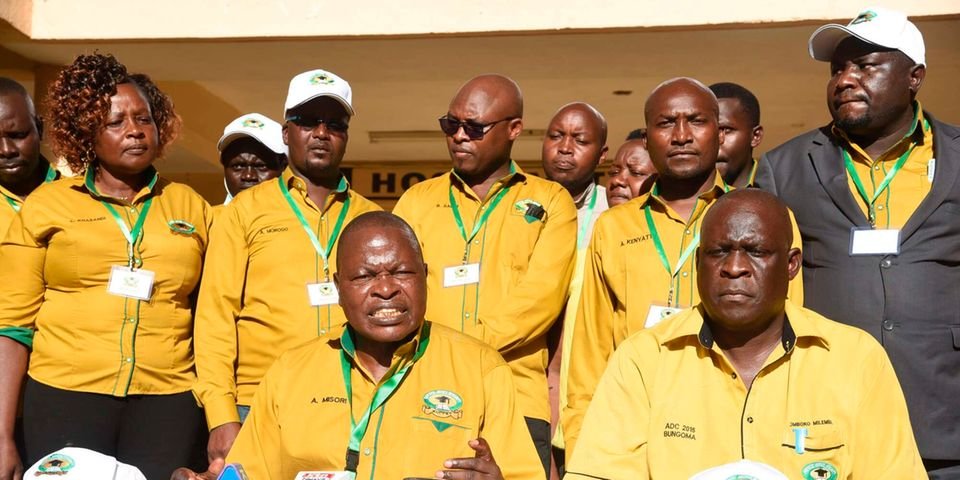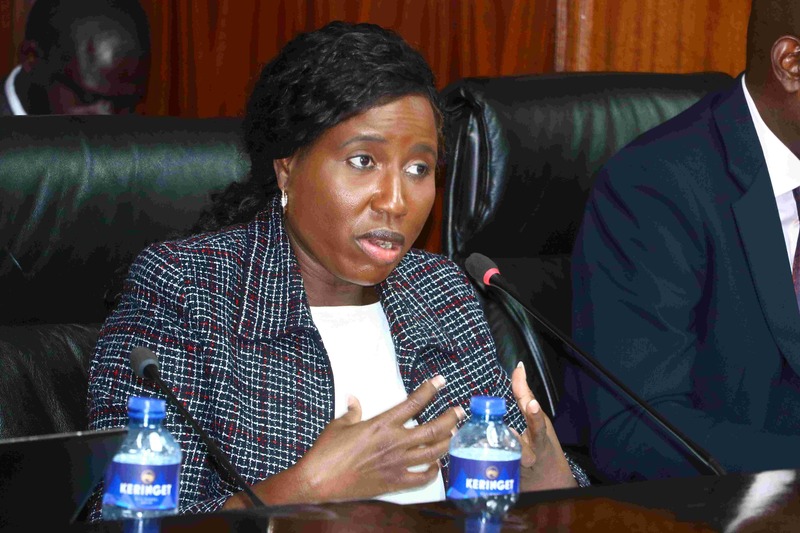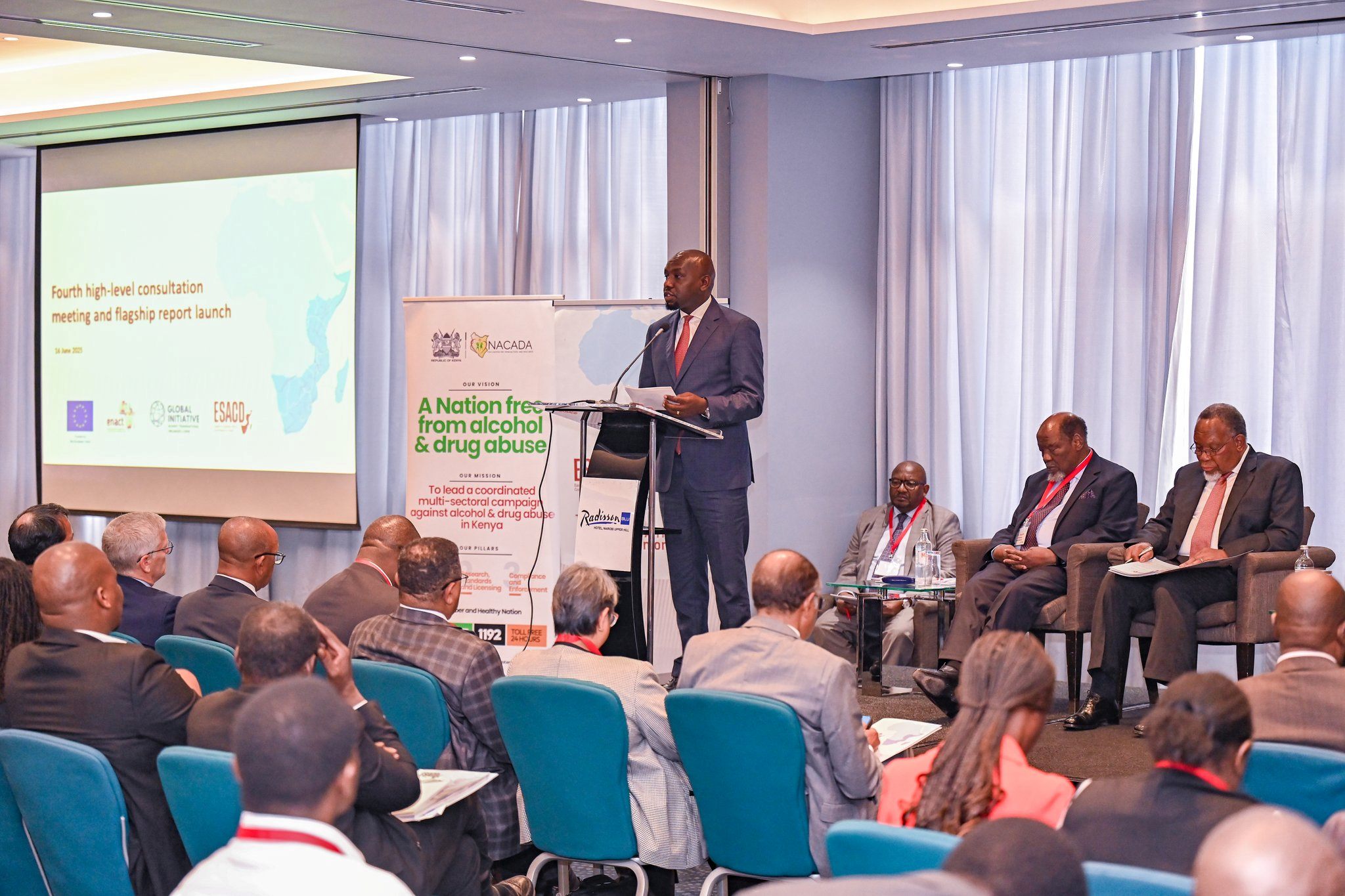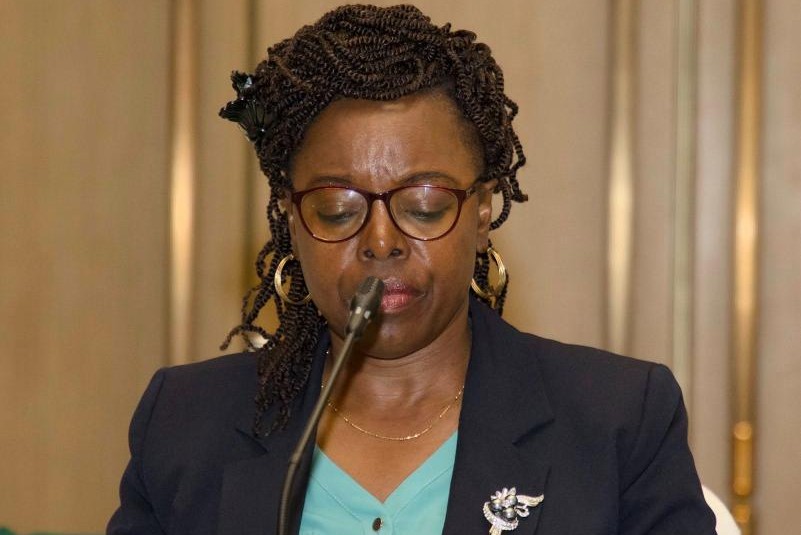President Ruto vows to go after schools defying fee payment on eCitizen
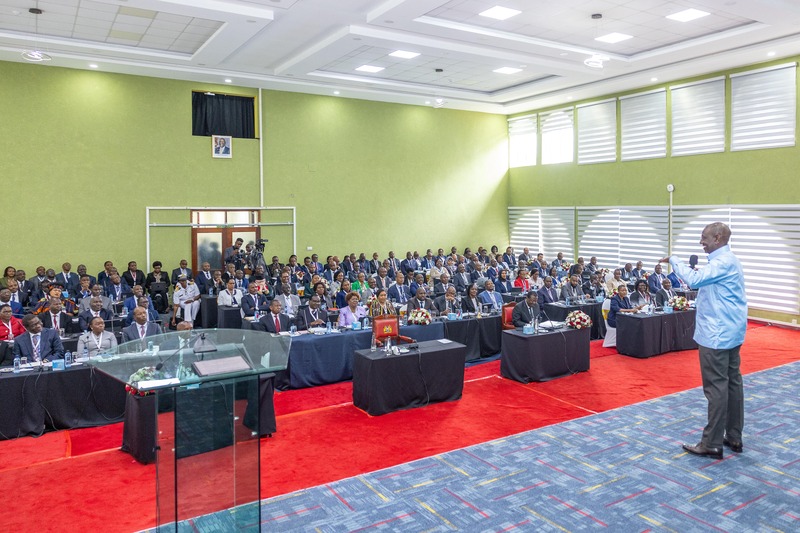
President William Ruto urged parents to insist on paying fees digitally, hailing schools that have adopted the platform as champions of accountability.
President William Ruto has vowed to take action against schools that continue to resist the government’s directive requiring parents to pay school fees through the eCitizen platform, even after the High Court declared the move unconstitutional in April this year.
Speaking on Thursday during the Third National Executive Retreat, Ruto accused some school administrators of opposing the directive over their reluctance to embrace accountability.
More To Read
- Raila calls for unity, blames politics for collapse of Adani deal to expand JKIA
- 1,600 science laboratories to be constructed in schools in rural areas, Ruto says
- National Assembly passes Finance Bill 2025, targets Sh24 billion in new revenue
- Court refers Okiya Omtatah's Sh4.6 trillion debt petition to CJ Martha Koome
- Kenya’s opposition vows to take Ruto to ICC over extrajudicial killings, abductions
- State stops market projects funded by housing levy, agrees to refund money after COTU talks
“There are some institutions that still don’t want to pay on eCitizen because they have things to hide, and some of them have taken us to court. We will be engaging with our primary and secondary school heads who have refused to pay school fees on eCitizen,” Ruto said.
Ruto warned that institutions refusing to comply would be pursued as part of a wider push for digitised public service delivery.
“Many other institutions that are still out there, we will go after all of them. That is our exercise for the future,” he said.
He criticised the school heads who have blocked parents from using the digital system and instead insist on issuing handwritten receipts.
“They have refused parents to pay via eCitizen and they want to continue writing those receipt books on exercise books. We are telling them the era of transparency is here,” Ruto said.
Ruto urged parents to insist on paying fees digitally, hailing schools that have adopted the platform as champions of accountability.
“Parents should insist on paying on eCitizen… and I want to thank schools that have agreed because they believe in transparency, to get parents to pay on a digital platform,” he said.
The president’s remarks come just over two months after the High Court ruled that the government’s directive requiring school fee payments via eCitizen was unconstitutional.
In a decision delivered on April 1, Justice Chacha Mwita found that the directive lacked legal backing and had been introduced without public participation.
“The directive lacks a legal foundation and was issued without public participation. School fees are not government revenue to be collected through a national platform,” Justice Mwita ruled.
The judge also faulted the Sh50 transaction fee imposed on payments through the platform, describing it as lacking any lawful basis and amounting to double taxation.
“It does not make sense for the government to compel citizens to use a platform and then force them to pay to sustain it,” he said.
The court questioned the transparency of the eCitizen system, stating that it remained unclear who exactly collects the school fees and where the money is deposited.
The case had been filed by Nakuru-based doctor, Magare Gikenyi, who argued that there was no legal framework governing the collection or refund of the funds processed through the digital platform.
Gikenyi further highlighted that the directive was likely to harm parents who make in-kind payments, such as maize or beans, especially in rural or marginalised communities.
The government, in its defence, maintained that the eCitizen system is constitutional and said the transaction fee was necessary to sustain the platform and promote transparency in school operations.
The court, however, rejected the government’s application to delay the implementation of its judgment by 90 days, denying it the chance to appeal before enforcement.
Top Stories Today





